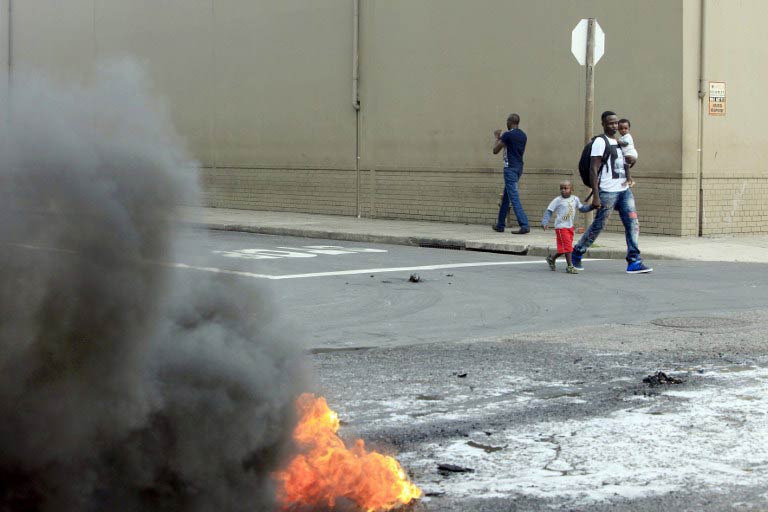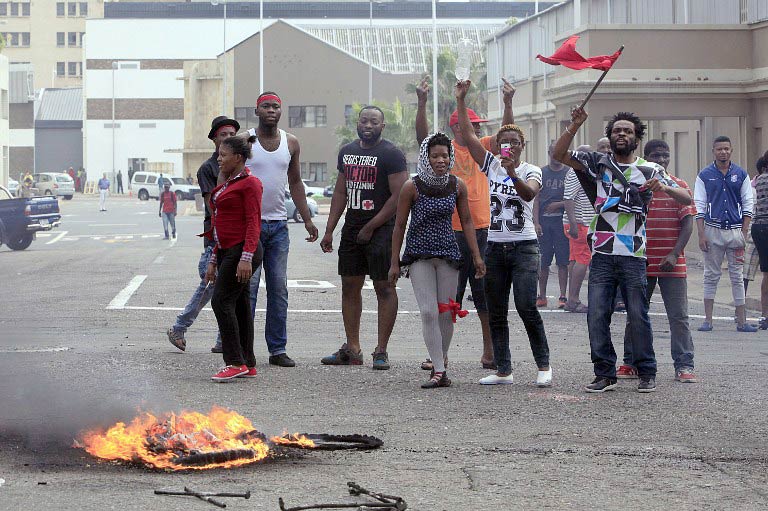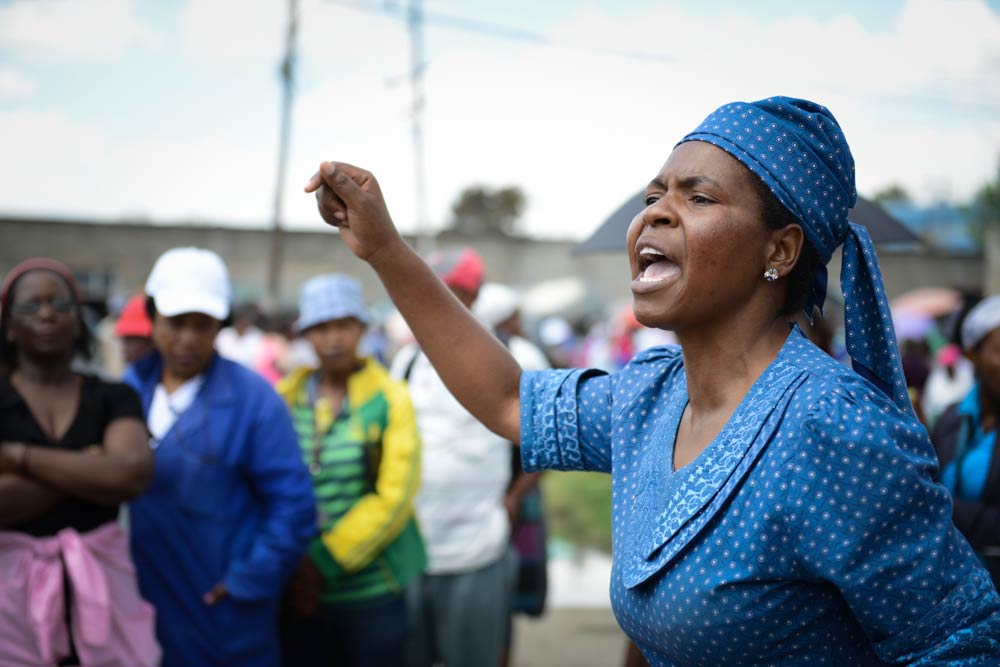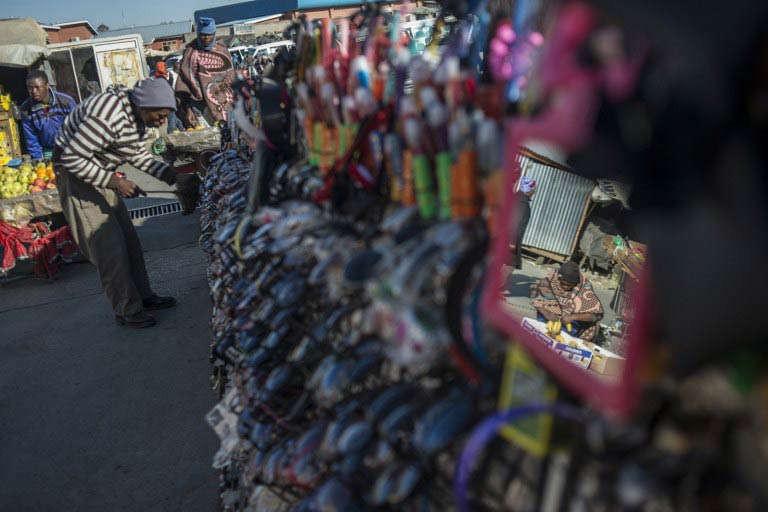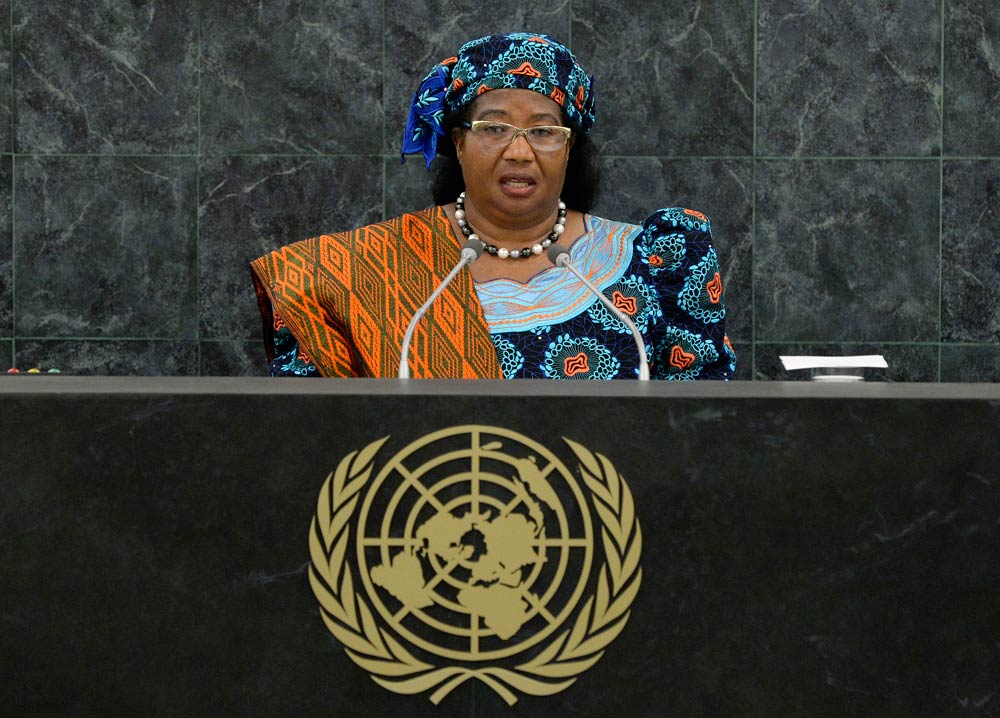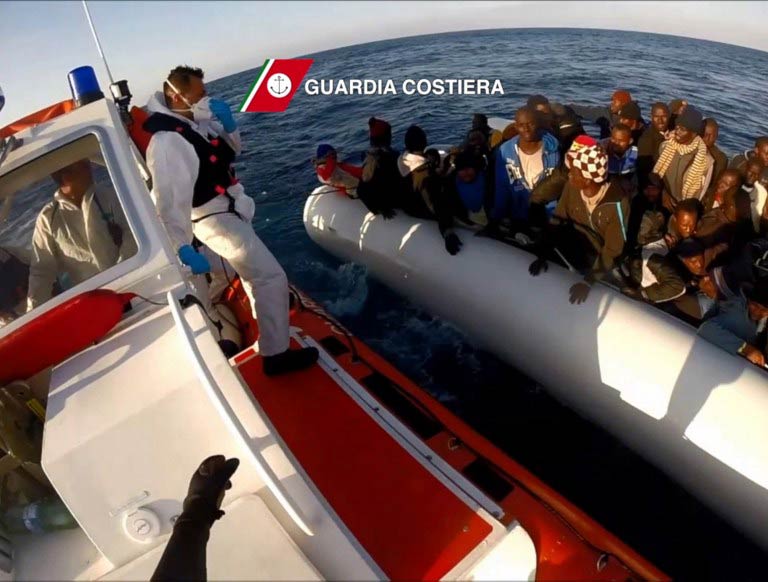
The death toll from the capsizing of a boat carrying migrants off the Libyan coast on the weekend has hit 800, and could reach 950, according to latest reports, piling pressure on European governments to respond to the rising migrant boat tragedies in the Mediterranean.
Amnesty International described the capsizing as a “man-made tragedy that could well have been avoided”, and along with other humanitarian groups is calling for increased sea patrols.
As springtime brings calmer seas, there is likely to be an increase in the number of crossing attempts – and more deaths. Already, more than 1 600 migrants have died in the Mediterranean since the beginning of 2015.
But looking at the broader social, economic and demographic forces driving the crossings, sadly, the drownings are likely to be the new normal.
We debunk some of the myths surrounding the Africa-Europe sea migrations, and give you the two graphs you need to know:
More sea patrols will lead to less deaths
In 2013, when 350 migrants died under similar circumstances, the Italian government put into place a navy search-and-rescue operation known as Mare Nostrum, which patrolled the Mediterrenean and responded to distress calls.
But it soon emerged that search-and-rescue actually seemed to be inadvertently leading to more deaths – cynically, human traffickers responded to the patrols by packing even more migrants off, knowing that they would be rescued in case things go awry.
In the past year alone, there have been a four-fold increase in drownings, and Italian authorities have rescued about 100 000 migrants at sea.
Italy scaled back the mission after failing to persuade its European partners to help meet its operating costs of $9.7 million per month, and now does not do search-and-rescues directly, but asks merchant ships in the area to respond to the calls.
But with the latest tragedy, the calls to reinstitute Mare Nostrum are getting louder. According to the statement from Amnesty, the boat had sent a request for help to the Maritime Rescue Coordination Center in Rome; the centre requested a Portuguese merchant vessel to attend the call, but it did not get there in time.
German newspaper Süddeutsche Zeitung at the weekend denounced the EU as a ”union of murderers”, accepting the deaths of refugees in the hope of discouraging other refugees from following them.
Europe is overwhelmed by the flood of African migrants at its doorstep
The tragic drownings in the Mediterranean get much media coverage, but African migrants are small fraction of the people trying to get to Europe every year.
Data from the UN’s World Migration Report shows that just 12% of migrants into Europe are from Africa, the majority (52%) are from within Europe itself, largely Eastern Europe and the Balkan states.
Even among the victims of human traffickers into Europe, the UN’s Global Trafficking in Persons report shows that 17% are from Africa, mainly West Africa (14%) and 3% coming from the rest of sub-Saharan Africa – nearly two thirds are from Eastern Europe.
Immigrants are unwanted and not needed
Despite the popular calls to stop the migrations, Europe is currently ageing and shrinking fast, and so has a high demand for people. Germany and Italy are the second and third-oldest countries in the world at the moment, with half the population older then 44 years.
On the other hand, Africa is young and growing, with nearly every country in sub-Saharan Africa having a median age younger than 20.
Furthermore, tough austerity measures in much of southern Europe creates a demand for cheaper workers, and Africa can easily fill that gap by hopping across the sea. In Italy, for instance, 85% of Cape Verdean immigrants are women, mostly working as domestic workers.
But the politics in Europe has swung to favour the far right, anti-immigrant parties. In France, far-right National Front (FN) has had its best showing in years winning 12 French towns, two seats in the Senate, and top position in the European Parliament elections in 2014 elections.
The populist anti-immigrant Finns party, formerly the True Finns came second in general elections on Sunday and is likely to be part of the new government in Helsinki. In the UK, the anti-immigrant UK Independence Party (Ukip) is also gaining some ground.
So there’s a strong demographic and economic demand for immigrants, but loud political opposition to it. Will it mean the end of the flow of immigrants? No. It only means that the market for illegal, rather than legal, migration will grow, and sadly, the drownings in the Mediterranean are likely to become the new normal.
Migrants are desperately poor
Despite the common portrayal of the migrants as desperately fleeing poverty, the data suggests otherwise.
Although it appears they are generally less wealthy and less skilled compared to the migrants who directly go to France, UK and the US on student and work visas, they are rarely from the most destitute families.
Research indicates that migrants tend to be from moderate socio-economic backgrounds and are often from urban areas in their countries of origin. A substantial proportion has secondary or higher education.
With human traffickers charging between $700 and $3 000 for a place on one of the Mediterranean boats, it’s not the kind of fee poor people can afford.
Rather than fleeing poverty, migrants tend to move either “because of a general lack of perspectives for self-realisation in their origin countries and the concomitant inability to meet their personal aspirations,” says this research paper, partly driven by a greater awareness of the possibility out there, mediated by the recent explosion in mobile and Internet access.
It’s a man’s world
Although women and girls comprise the vast majority of detected victims worldwide, women are also prosecuted and convicted of the trafficking crime far more often than for most other types of crime.
Some 30% of convicted traffickers worldwide between 2010 and 2012 were women, whereas the average female conviction rate for other crimes is usually in the region of 10-15%.
The United Nations Office on Drugs and Crime (UNODC) said many of them act as guards, recruiters and money collectors, to gain the trust of victims; women involved in human trafficking operations are often in close contact with the victims, whether it is recruiting them, deceiving them or transporting them.
Women are also more likely to be convicted of trafficking. Given that many investigations are based on victims’ testimonies, these low-ranking female traffickers who have contact with victims are most likely to be identified and convicted, while the men at the top of the chain are rarely seen or known by the victims.
Christine Mungai for MG Africa.

